Uline Recruited Mexican Workers for U.S. Warehouses, Paid Them a Fraction of American Wages
Uline, a Wisconsin-based office supply giant owned by one of Donald Trump’s most prominent financial backers, reportedly paid Mexican workers brought to its U.S. warehouses significantly less than their American counterparts, according to multiple sources who spoke with The Guardian.
Mexican employees working in U.S. warehouses were paid approximately the same amount per day as American workers earned per hour. Sources—both American and Mexican—spoke on condition of anonymity due to fears of retaliation. A pay stub reviewed by The Guardian revealed that a Mexican worker received about $38 per day, plus a weekly bonus of approximately $225 before taxes. Additionally, they were provided daily food expenses.
By contrast, a former American warehouse worker, who left the company in 2023, reported that U.S. staff were earning between $30 and $35 per hour, along with benefits such as health insurance and 401(k) plans. Job listings on Indeed.com indicate that current Uline warehouse positions in Wisconsin and Pennsylvania pay between $25 and $35 per hour, with some roles reaching up to $38 per hour.
Controversial Shuttle Program
The revelations follow The Guardian’s December report on Uline’s so-called “shuttle program,” which transported workers from its Mexican warehouses to U.S. facilities, particularly in Wisconsin and Pennsylvania.
The Mexican workers traveled on tourist visas and B1 visas—intended for professional training rather than regular employment. According to individuals with direct knowledge, these employees stayed in the U.S. for one to six months while performing standard warehouse work. Uline, which reported $8 billion in revenue in 2024, operates 13 distribution centers and employs over 9,000 people across the U.S., Mexico, and Canada.
The company was founded by Dick and Liz Uihlein, both major conservative political donors. Federal Election Commission records show that during the 2024 election cycle, they contributed approximately $130 million in support of Donald Trump. One political ad funded by Dick Uihlein’s Super PAC, Restoration PAC, criticized then-Vice President Kamala Harris for allegedly allowing an “immigrant invasion” at the U.S.-Mexico border.
Uline has declined to comment on its shuttle program, and it remains unclear whether the program is still active.
Workers Speak Out
Following the initial Guardian report, more individuals came forward to share their experiences. One worker, who participated in the shuttle program, stated that employees in Mexico were encouraged to enroll amid U.S. labor shortages during the pandemic. According to this source, Uline promoted the program by highlighting opportunities for independence, travel, and financial incentives.
However, the reality proved stressful. Workers knew they were going to perform warehouse labor in the U.S., yet they were instructed to tell immigration officials they were traveling solely for training. Uline provided them with paperwork to support this claim.
“In reality, we did the same work we do here in Mexico,” the worker said. “We were told what to say to avoid getting in trouble.”
Workers also faced anxiety at the border. Several instances arose where immigration officials appeared suspicious, leading to detentions and questioning. Though no major incidents occurred, the experience was nerve-wracking for many.
“I was worried,” the worker admitted. “They were detaining people and asking a lot of questions.”
Harsh Conditions for Temporary Workers
Two former Uline employees, who are non-Hispanic Americans, described additional concerns about working conditions. They alleged that Uline relied heavily on temporary workers, many of whom were Hispanic and contracted through an agency in Wisconsin. These workers were reportedly exposed to freezing temperatures in warehouses without being allowed to wear warm clothing.
Permanent warehouse staff were required to wear a uniform consisting of a red Uline polo, blue zip-up jacket, blue work pants, and single-color shoes. They were allowed a fleece and a thin hat during winter but no heavy coats. However, temporary workers were issued only a vest with the Uline logo and prohibited from wearing hats or gloves.
“They weren’t allowed to wear hats or gloves because the manager said it broke code,” one former employee recounted. “And this was Wisconsin, where it gets down to single digits at night. If they were caught wearing extra layers, they were told to take them off. A second offense meant they were sent home and often not called back.”
Another former worker recalled an instance when the temperature dropped to -6°F. He and a colleague grabbed extra fleece jackets designated for Uline staff and gave them to the temporary workers, only to be “screamed at” by a manager.
“I told him I didn’t care—he could write me up. It was -6 degrees. It didn’t make sense. It was unethical,” the worker said.
Another ex-employee corroborated these claims, describing conditions at Uline as worse than any job he had ever experienced. He noted frequent injuries due to the cold and a lack of adequate protective gear.
“You would see their hands—they could barely move their fingers, and they had to keep working. They couldn’t just stop and take a break,” he said. “Temporary workers were treated as disposable.”
One incident involved a temporary worker who had his foot run over by equipment but remained silent to avoid losing his job. “He kept working through it because he had a family to feed,” the source added.
Uline has not responded to inquiries regarding these claims about the treatment of temporary workers.
AJHHKJHAKJAJHJAHSLA

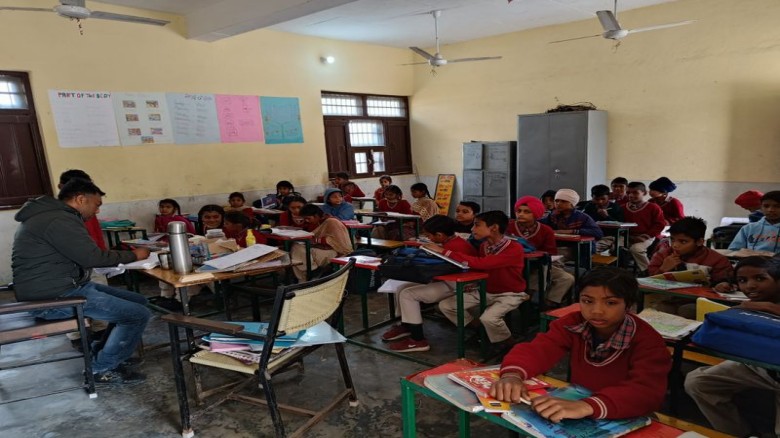















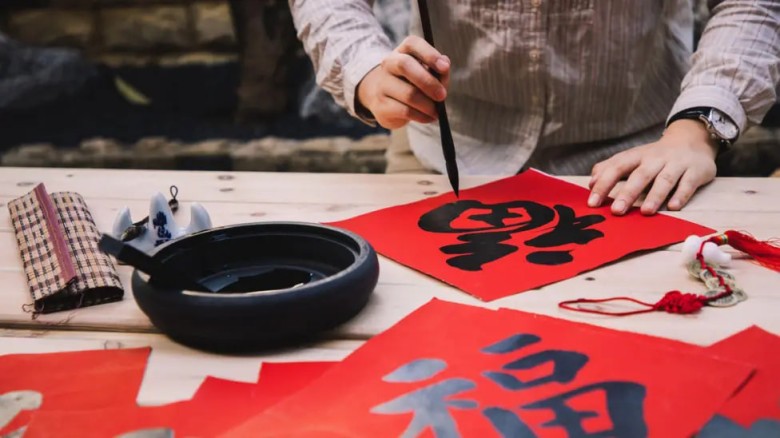



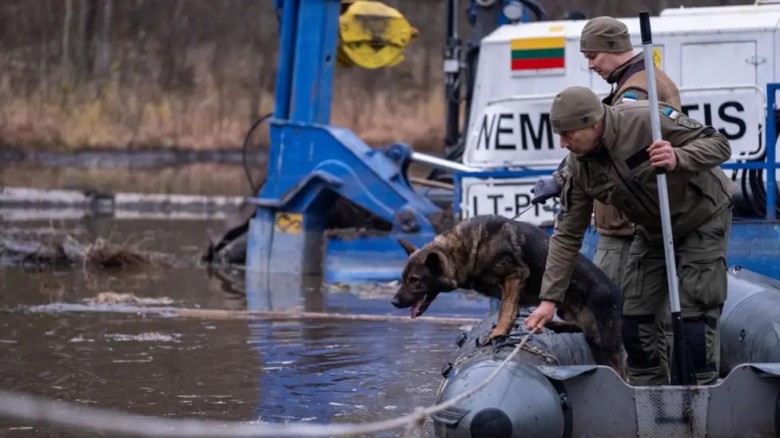
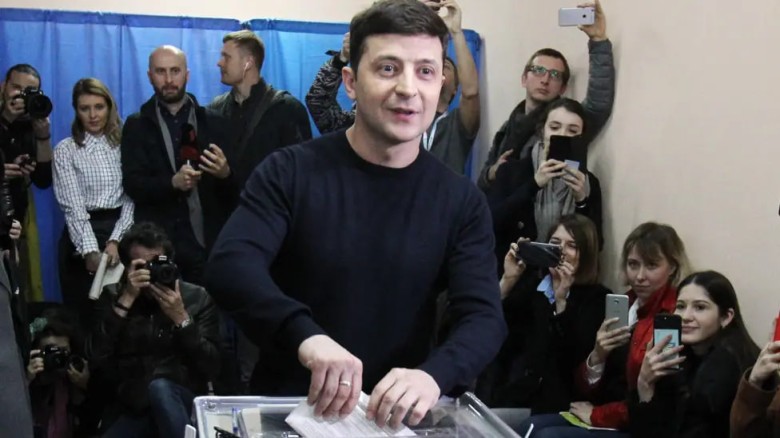

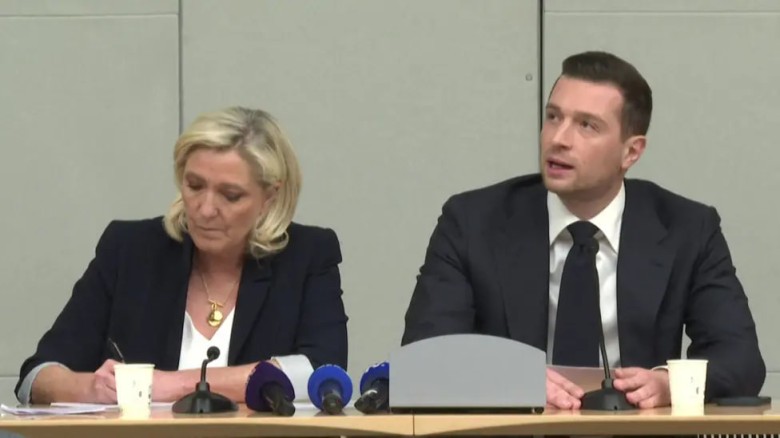


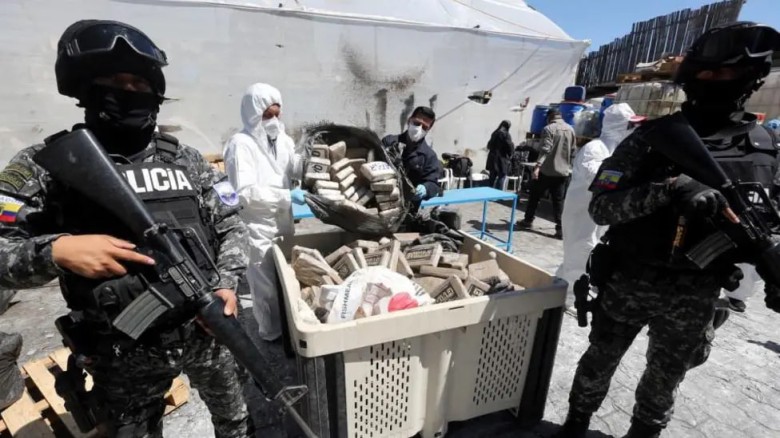
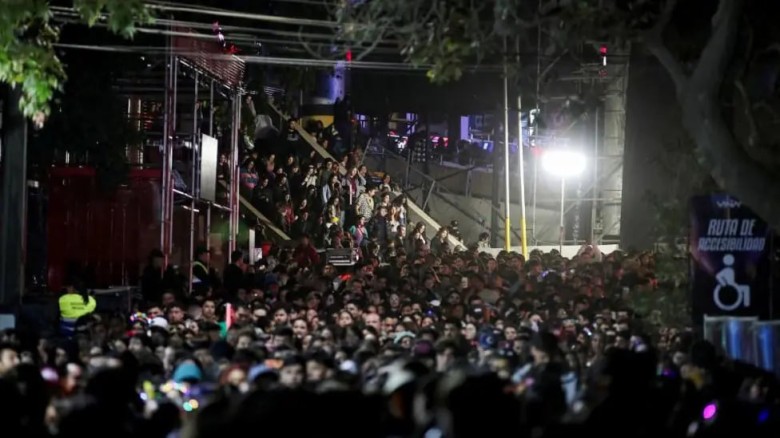






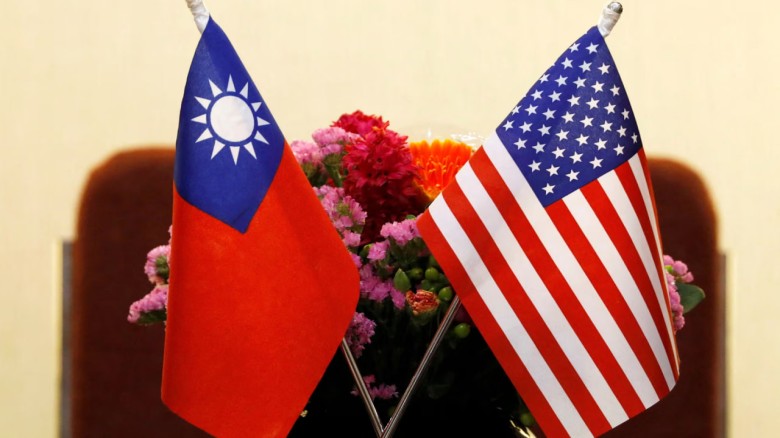














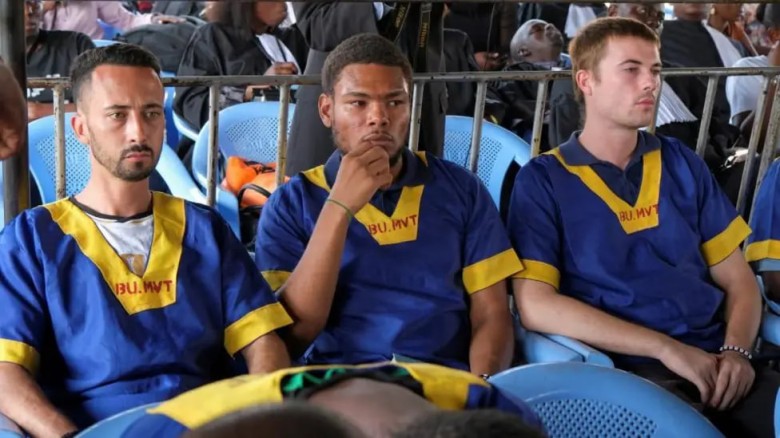
















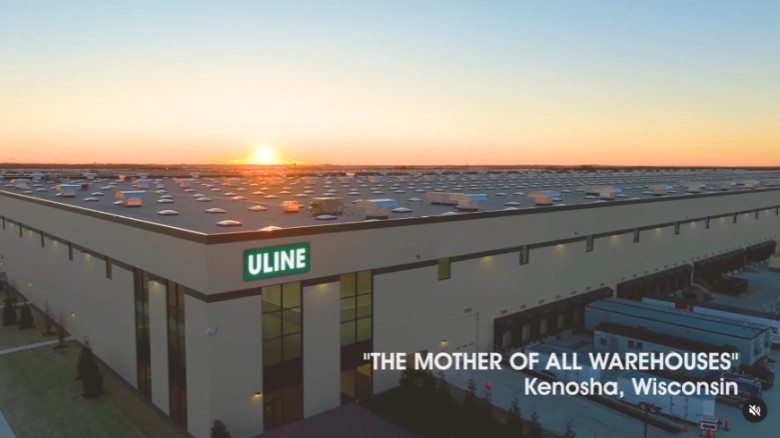


Leave A Comment